Latest Article

Finding Home Part 1
The three boats were anchored against a log at the shore. Nobody was supposed to touch anything left in them until the next morning. Nobody slept. The whole island was awake as the devil. Prayerful men prayed. Women mourned their missing. Your mother said your dad had been so secretive the last few days before his disappearance. He had been closing himself inside his hut. Perhaps he was worrying about the tough times. We had been attacked by a belt of hyacinth and fishing was almost impossible. The lake’s clear water was now buried under green twigs and it would be so for months. He had told me over beer that he was thinking of going east. I told him to spit those words out of his mouth. He did. He never mentioned that again.
Filter
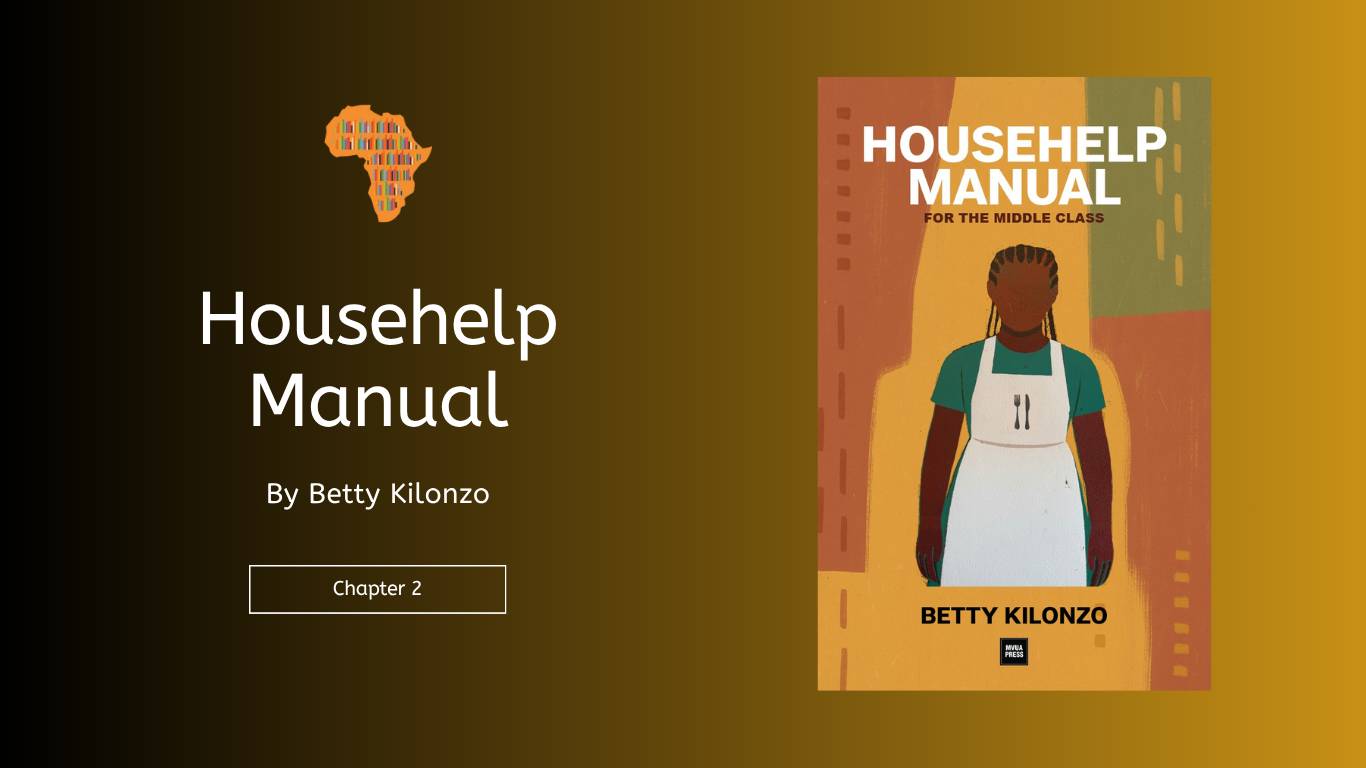
Every home functions best when there are clear expectations. House rules are not meant to control but to create harmony and clarity for both the employer and the househelp. They also prevent misunderstandings and protect both parties.
.jpg)
Would the kithitu oath make Waruingi’s family surrender the land to the Macharias? All Macha knew was that he would never surrender; he would keep trying—not once or twice but many times.
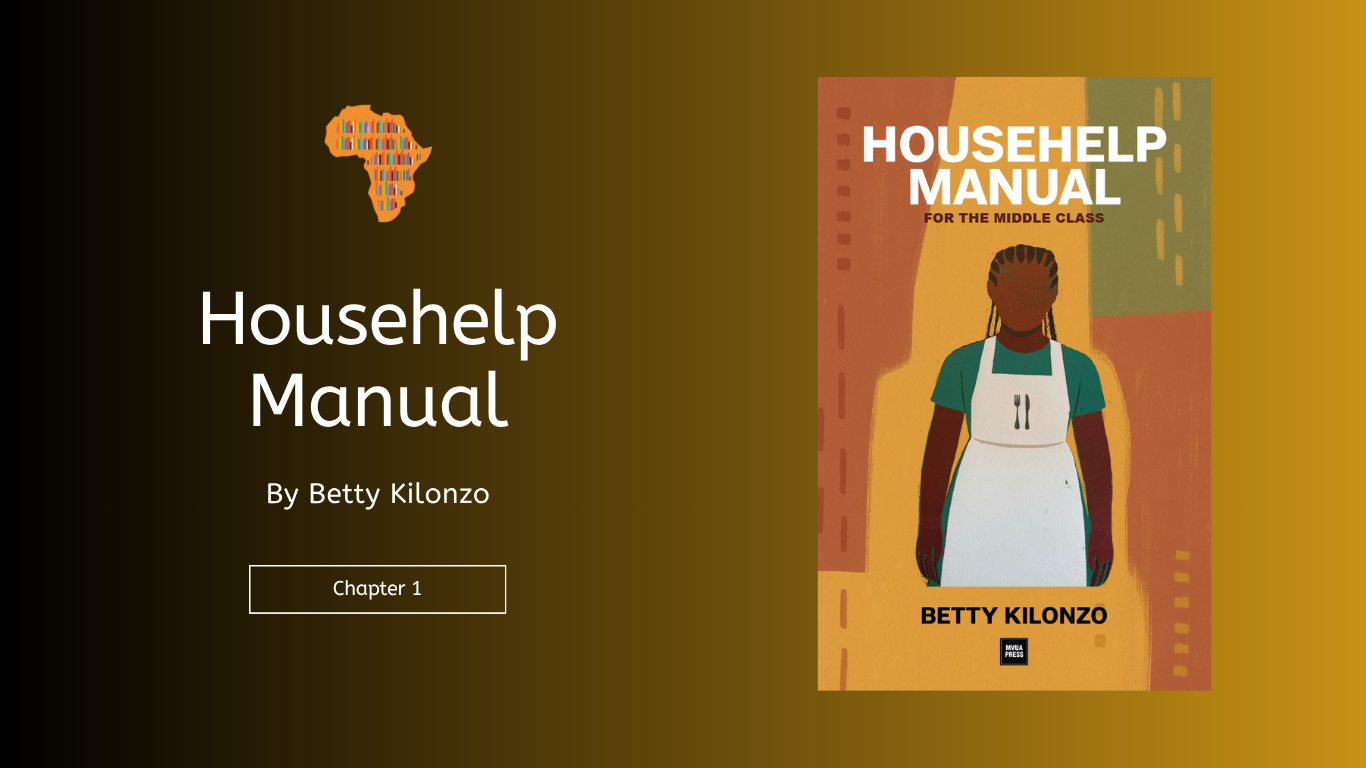
Bringing someone into your home as a househelp is a major decision. This is a person who will share your space, care for your children, and interact with your family daily. A careful hiring and onboarding process ensures that you choose the right person and establish a healthy working relationship from the very beginning.
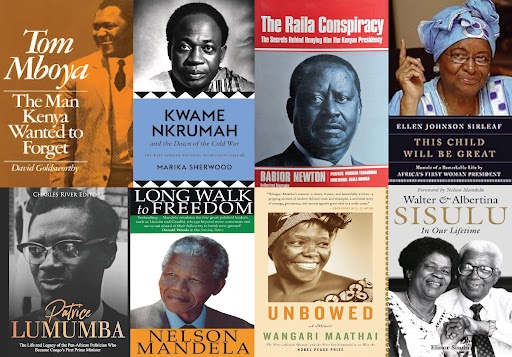
A more fitting legacy would be to immortalize Raila Odinga's thoughts and ideas in books, libraries, documentaries and films.
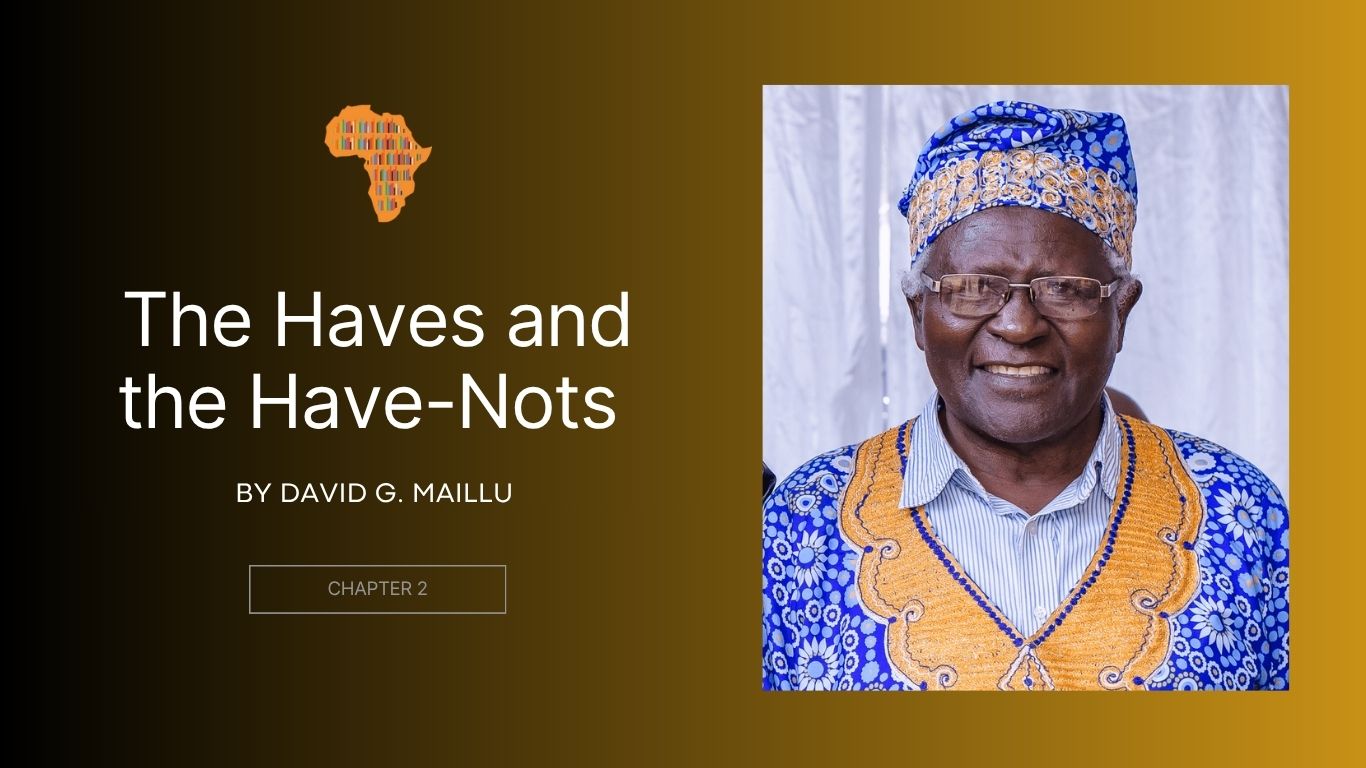
The Macharia family had every reason to hate Kenyatta. Their appeal for restoration of their land had failed, only to boost the success of Chief Waruingi’s family. They could not forgive the Kenyatta’s government for not pardoning Macharia but instead letting him die after years of detention. They had nursed the hope, in collaboration with the disgruntled freedom fighters, that the new government of President Daniel arap Moi would help them find justice.
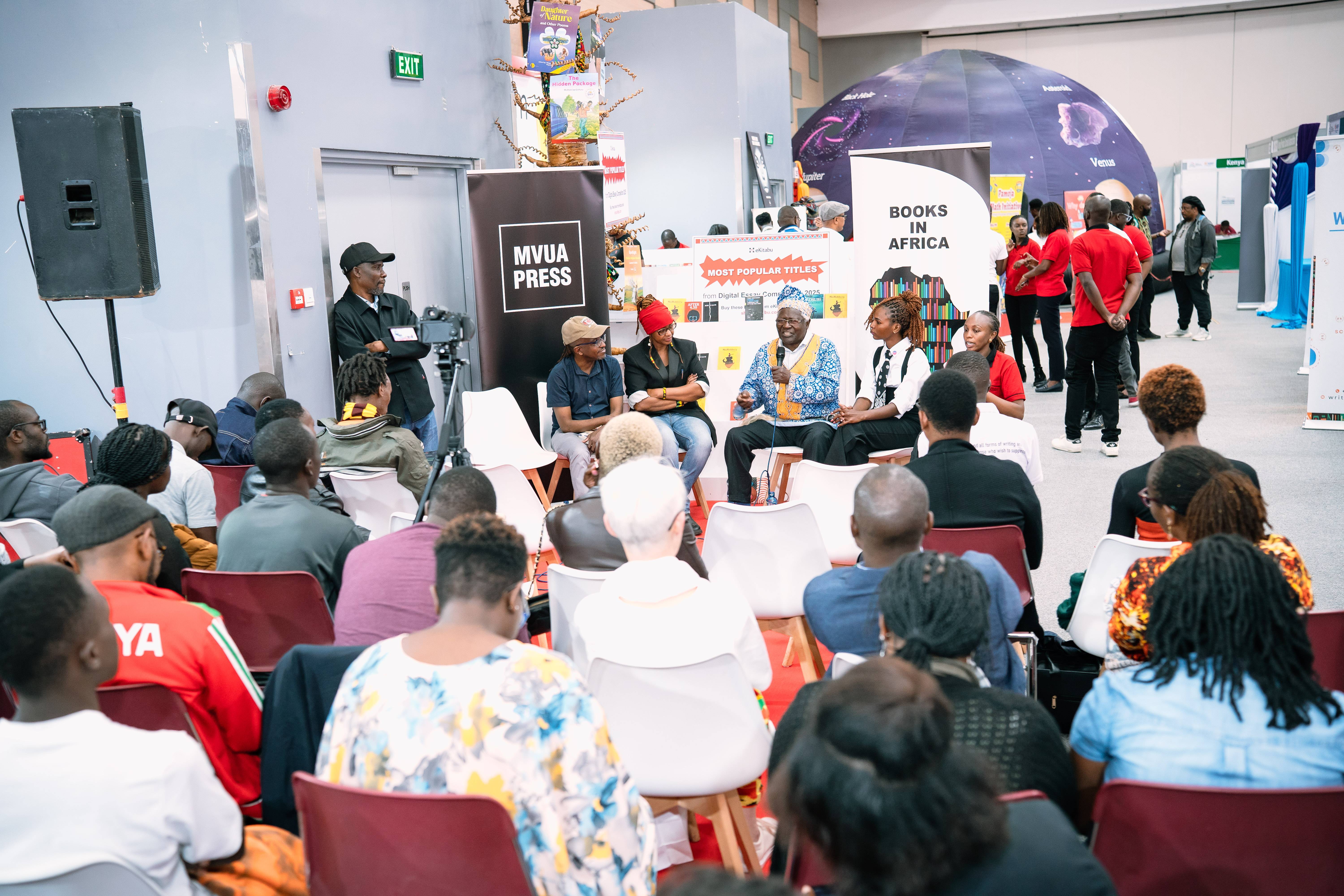
The youthful generation is yearning for information, as times have shown that everyone needs to be updated to avoid making the mistakes that our forefathers made when they were colonised and made to think that they couldn’t think on their own or make sane decisions.

